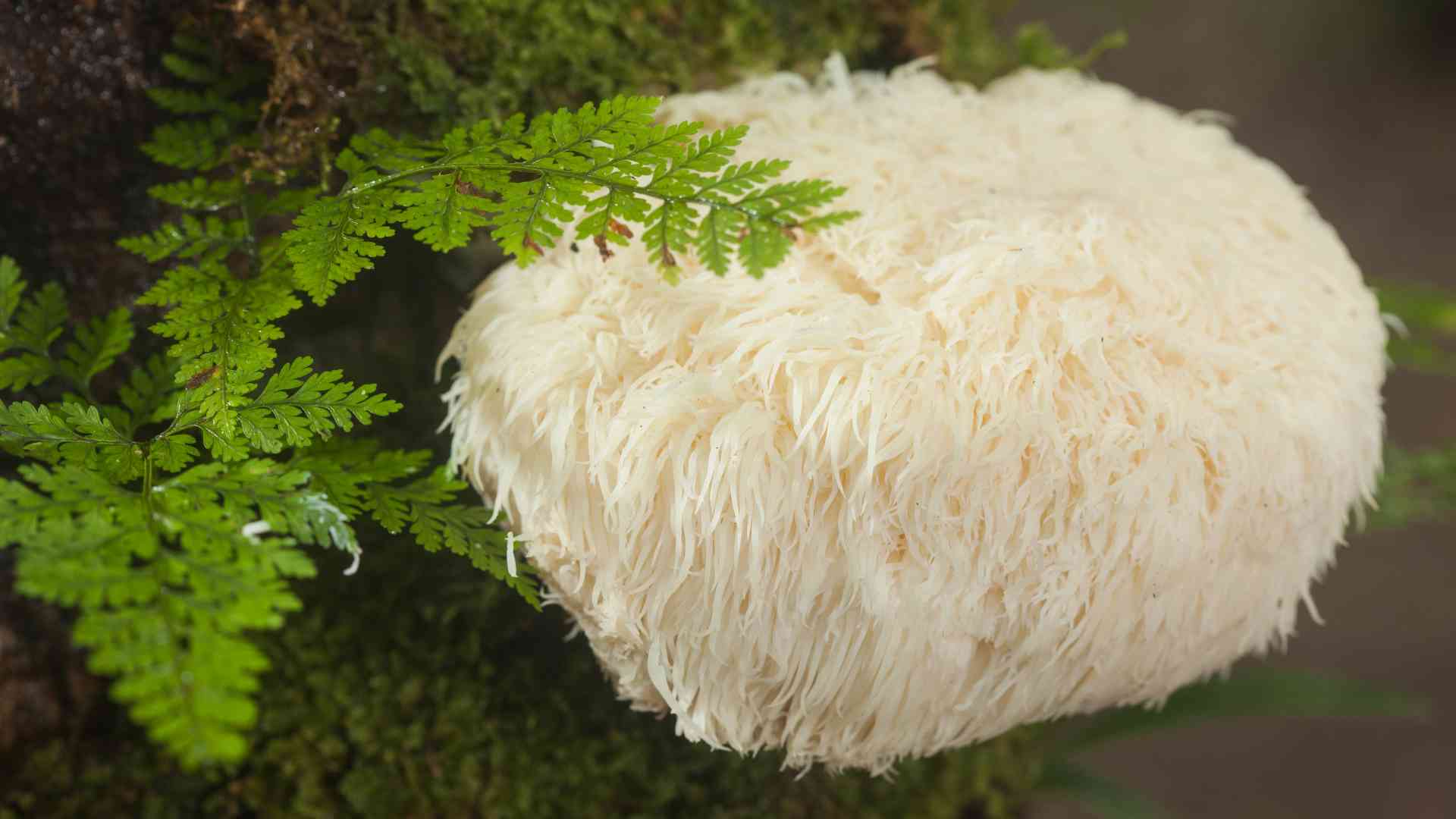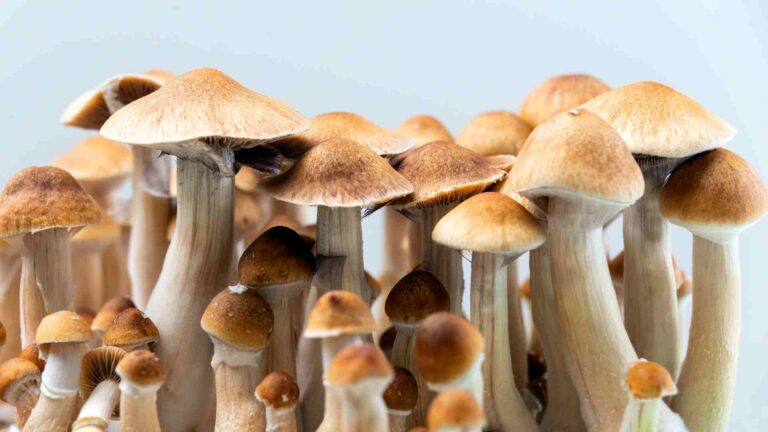Lions Mane Mushrooms: A Natural Brain Booster
Lions Mane mushrooms (Hericium Erinaceus) are a type of edible fungus that have been used in traditional medicine for centuries, particularly in Asian countries like China, Japan, and Korea. In recent years, Lions Mane mushrooms have gained attention for their potential benefits to brain health and cognitive function. In this blog post, we’ll explore the science behind Lions Mane mushrooms and their effects on the human brain.
Benefits of Lions Mane Mushrooms for Brain Health
Lions Mane mushrooms contain compounds called polysaccharides and hericenones, which have been shown to have neuroprotective effects. Polysaccharides are complex carbohydrates that can support the immune system and reduce inflammation, while hericenones are unique to Lions Mane mushrooms and have been shown to stimulate the growth of nerve cells.
One of the main benefits of Lions Mane mushrooms is their potential to improve cognitive function. Studies have shown that Lions Mane mushrooms can enhance memory and concentration, as well as increase mental clarity and focus. This is likely due to the fact that Lions Mane mushrooms can stimulate the growth of nerve cells and promote the formation of new synapses in the brain.
Lions Mane mushrooms also have potential neuroprotective effects, meaning they may help prevent or slow down the progression of neurological diseases like Alzheimer’s and dementia. In fact, one study found that Lions Mane mushroom extract was able to improve cognitive function in older adults with mild cognitive impairment.


How Lions Mane Mushrooms Work in the Brain
Lions Mane mushrooms have been shown to increase levels of nerve growth factor (NGF) in the brain. NGF is a protein that plays a crucial role in the growth, maintenance, and survival of nerve cells. As we age, levels of NGF tend to decline, which can contribute to cognitive decline and neurodegenerative diseases. By increasing NGF levels, Lions Mane mushrooms may help protect and support the health of nerve cells in the brain.
In addition to NGF, Lions Mane mushrooms have also been shown to increase levels of brain-derived neurotrophic factor (BDNF). BDNF is another protein that supports the growth and survival of nerve cells, particularly in the hippocampus, which is an area of the brain involved in memory and learning. By increasing BDNF levels, Lions Mane mushrooms may help improve cognitive function and protect against age-related cognitive decline.
How to Incorporate Lions Mane Mushrooms into Your Diet
Lions Mane mushrooms can be consumed fresh or dried, and can be cooked in a variety of dishes like stir-fries, soups, and stews. They have a mild, slightly sweet flavor and a meaty texture, making them a popular meat substitute for vegetarians and vegans.
Lions Mane mushroom supplements are also available in capsule or powder form, and can be added to smoothies, teas, or other beverages. When choosing a supplement, it’s important to look for one that contains both polysaccharides and hericenones, as these are the compounds believed to be responsible for the mushroom’s brain-boosting effects.

Conclusion
Lions Mane mushrooms are a natural and delicious way to support brain health and cognitive function. With their potential to stimulate nerve growth and protect against cognitive decline, Lions Mane mushrooms are a promising area of research for those interested in natural brain-boosting remedies. Whether consumed fresh, cooked, or as a supplement, Lions Mane mushrooms are a tasty addition to any diet.




